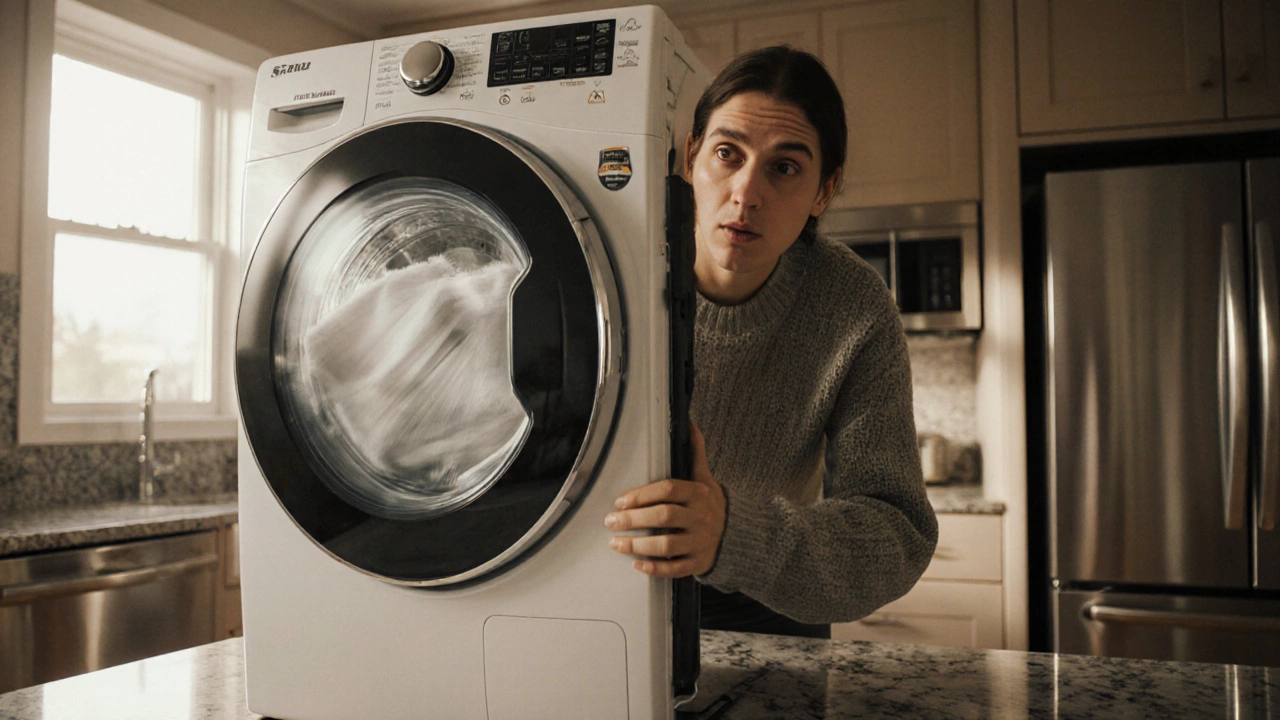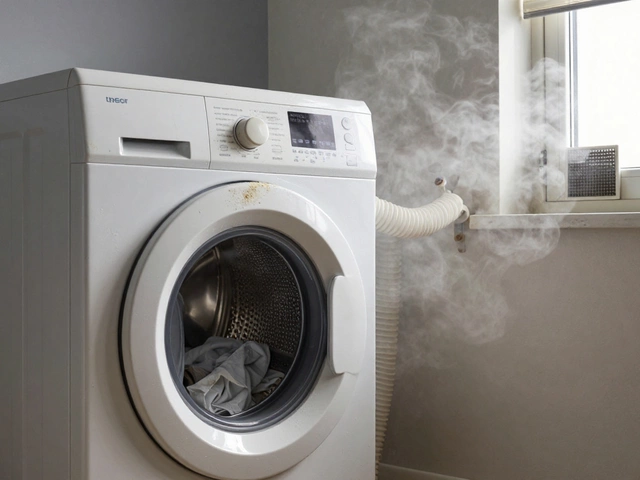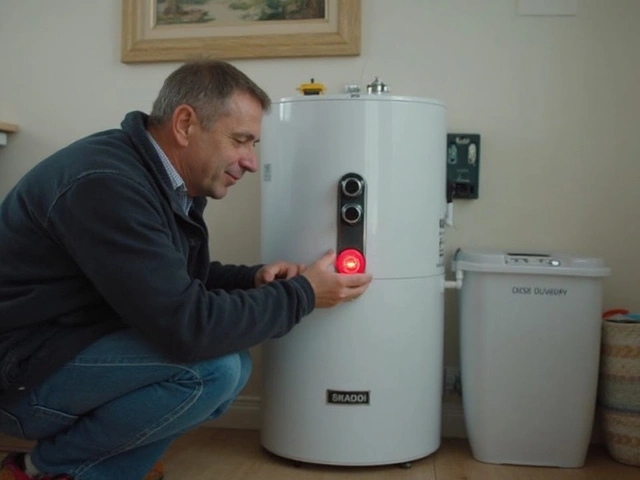When working with cost of appliance service, the amount you pay to fix or maintain home appliances like fridges, ovens, washers, and heating systems. Also known as appliance repair pricing, it can feel random because every job brings a different mix of parts, labour, and urgency. Knowing the basics helps you avoid surprise invoices and decide when fixing is worth it. The appliance repair cost usually includes three parts: the price of the broken component, the technician’s hourly rate, and any call‑out or emergency surcharge. That simple structure creates a semantic triple: cost of appliance service encompasses labour rates. Another triple links the central idea with the need for diagnostics: appliance repair cost requires a fault test. Finally, the price influences whether you replace or repair, which is why many homeowners compare the quote to the cost of a new unit. In practice you’ll see the same pattern across appliances – a faulty oven, a leaky boiler, or a noisy heat pump – each follows the same cost‑building rules, even though the numbers differ.
To make sense of any quote, think about the related entities that often appear on the same bill. First, there’s appliance repair cost, the general price range for fixing common household machines. Next, a boiler repair cost, charges tied to heating system faults, usually higher because of gas safety checks shows up when your hot water or central heating stops. A third, more specific entry is oven repair cost, fees for replacing elements, thermostats, or safety fuses in electric and gas ovens. Finally, for newer tech you’ll see heat pump compressor cost, the price of a key component that often dictates whether a whole system needs a new compressor. These four entities together form a network: the overall cost of appliance service includes appliance repair cost, boiler repair cost, oven repair cost, and heat pump compressor cost. Each one is shaped by three main attributes – part price, labour time, and urgency surcharge – creating a second set of triples: boiler repair cost depends on gas safety inspection time, and heat pump compressor cost depends on compressor model and warranty status. In real life, you’ll hear technicians ask about the appliance’s age, brand, and warranty coverage because those details swing the final number. Older machines often need more labour to disassemble, while newer units may have pricey proprietary parts. If the repair is urgent – for example, a broken oven on a busy cooking night – you’ll see an extra call‑out fee, another semantic link: cost of appliance service adds emergency surcharge. Understanding these relationships lets you ask the right questions, compare quotes, and decide if a repair makes financial sense or if replacing the whole unit would save you money in the long run. Below you’ll find a curated list of articles that break down the most common repairs, typical price ranges for 2025, and tips to keep your bills predictable.

Learn why and when appliances need professional service, the signs of trouble, how often each should be checked, DIY tips, costs and when to replace.

Most tumble dryers last 8-13 years, but poor maintenance can cut that in half. Learn the signs your dryer is failing, when to repair vs replace, and how to make it last longer.

Struggling with a hot water heater that refuses to kick on can be frustrating, especially on chilly days. In this detailed guide, you'll find practical solutions and in-depth explanations to help diagnose and possibly fix some of the most common issues that prevent your hot water heater from functioning. Whether it's a simple power issue or a more complex mechanical fault, this article equips you with the knowledge to tackle the problem. It's time to stop second-guessing and start understanding what's really going on with your heating system.

Ever wondered why you end up pushing that red reset button on your water heater over and over? This article digs into exactly what the reset button does, why it keeps tripping, and what can go wrong if you keep hitting it. Get clear answers about hidden water heater issues and learn simple steps to protect your system—and your wallet. We’ll walk you through warning signs, smart troubleshooting tips, and when it’s time to call a pro. No tech jargon, just straight talk for anyone tired of cold showers.

Learn how to spot a malfunctioning heat pump, recognize warning signs early, and troubleshoot issues to keep your home comfortable and energy bills in check.

If your boiler stops working, know who to call and what to do immediately. This guide covers emergency steps, how to find a Gas Safe engineer, repair costs, and how to prevent future breakdowns in the UK.